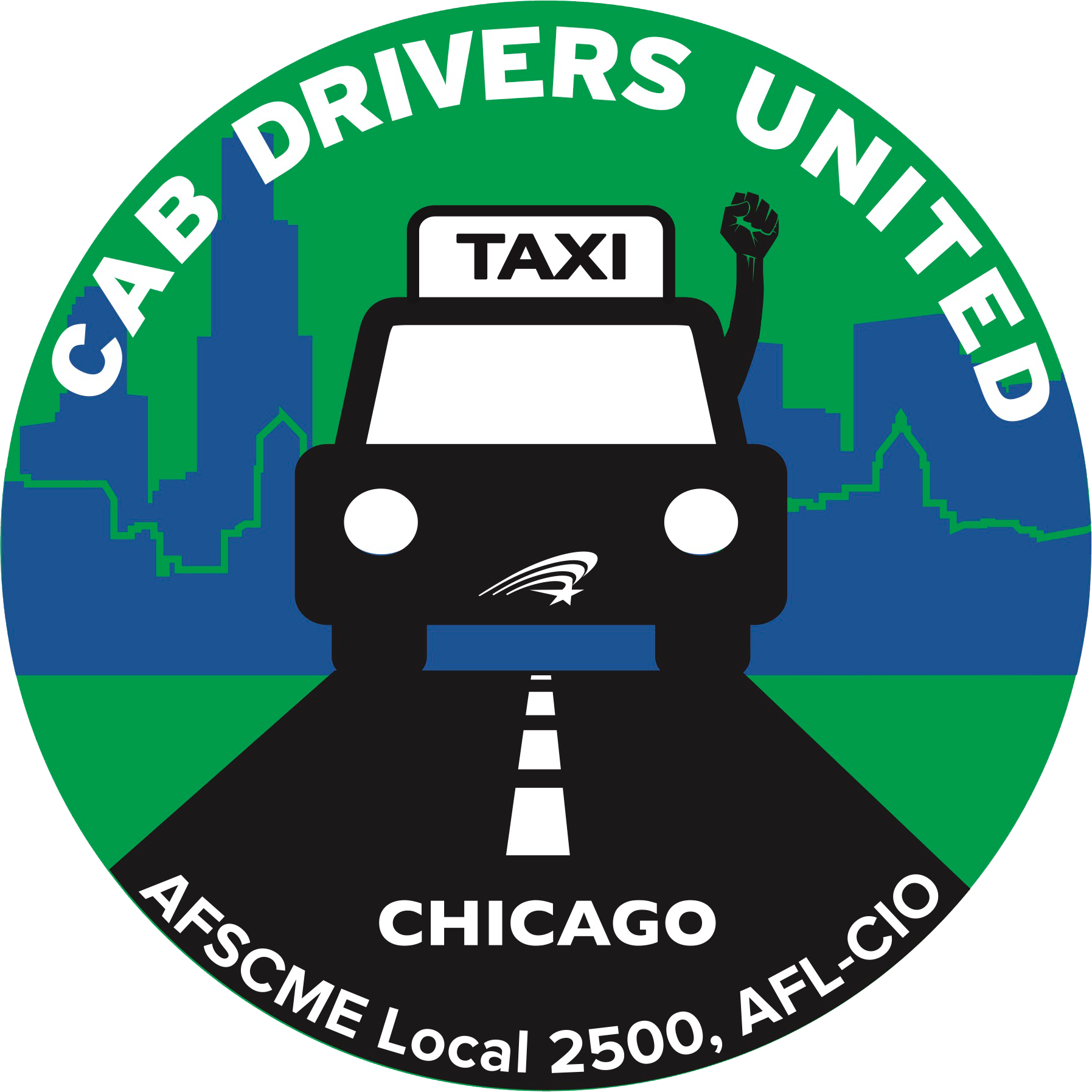CHICAGO, IL - A broad coalition supporting the ‘Rideshare Reform Ordinance’ made up of Cab Drivers United/AFSCME Local 2500, the ITTA, Access Living, Communities United and the Chicago Federation of Labor issued the following statement regarding the announcement that the “Rideshare Reform Ordinance” had passed a joint session of the Committee on License and Consumer Protection, and the Committee on Transportation and Public Way by a voice vote. A vote in the full City Council is expected at the next council meeting on June 22, 2016.
“For two years, Cab Drivers United/AFSCME Local 2500 and allies have called on city officials to regulate Transportation Network Providers such as Uber and Lyft as the cab service they truly are.
“Alderman Beale’s ordinance, introduced with 35 supporters, takes great strides toward fairness while addressing serious public safety concerns as well as ensuring disabled Chicagoans aren’t left behind.
“Despite what Uber says, Alderman Beale’s ordinance does not require TNP drivers to obtain the exact same license as a professional cab driver. While prospective cab drivers must attend a 6 day course and pay $305, this ordinance would have TNP drivers take a one day course and pay a $115 fee to the city.
“Furthermore, while the City of Chicago has not put forth any vehicle age or safety requirements, this ordinance would require a minimal 22-point inspection for TNP vehicles versus the bi-annual 72 point inspection cabs must pass.
“At the present time, there are essentially zero wheelchair accessible TNP vehicles on the road while currently 5% of cabs are required to be wheelchair accessible. This ordinance would require merely 5% of TNP vehicles be wheelchair accessible, a common sense starting point to ensure disabled Chicagoans have equitable transportation options. Chicago is currently phasing in regulations that would ultimately require 50% of taxi fleets to be wheelchair accessible.
“While Uber and Lyft continue to more stringent regulations in New York City, they are ignoring the plain fact that in New York City, Uber adheres to stricter regulations yet still calls New York City its’ most successful market.
When passed, this common sense ordinance will advance public safety, the basic rights of disabled Chicagoans and fairness, while still allowing customers to have choices in transportation.
